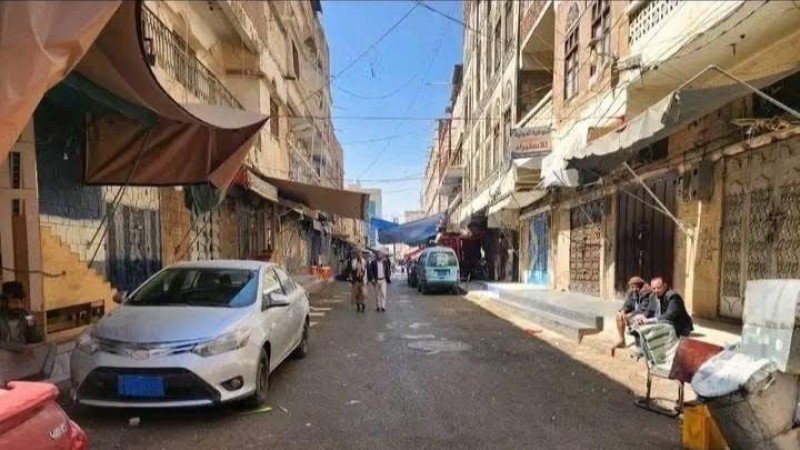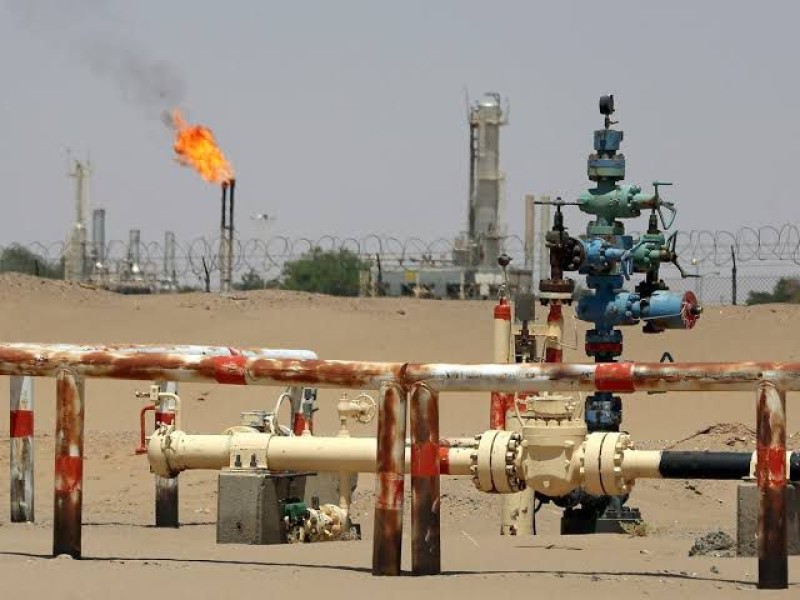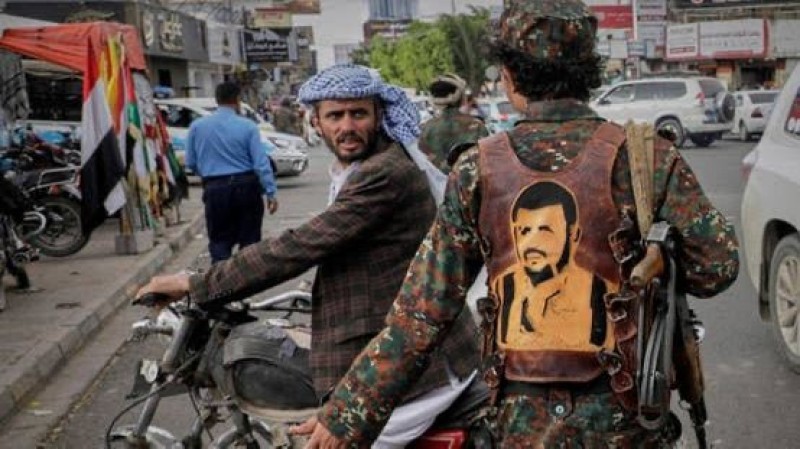Thousands of Yemeni renal disease patients at risk of death amid supply shortage


Health officials in Yemeni capital Sanaa warned that over 5,000 renal failure patients are at risk of death because there may not be enough essential supplies to keep local dialysis centers going.
Fear and anxiety ran rampant in the renal disease ward of the Al-Thawra Hospital in the Houthi-controlled capital, which provided dialysis treatment for hundreds of patients every day.
"A severe shortage of medical supplies" is the most pressing problem at the dialysis center, according to Hamdan Salemin, the hospital's deputy director. He warned that if the center runs out of supplies, it may have to close, which is expected to happen soon.
Ali Al-Ezzi, one of the patients, said the closure of the dialysis centers will be "a great tragedy" for renal disease patients like him.
"Life has been already very difficult in Yemen. Our salaries were cut for years, and the price of medical treatments and medicines is soaring. Many of us had to sell all our possessions to obtain the required medical treatments," Al-Ezzi complained while taking his dialysis.
"Now it is a matter of life and death now. If we can't get access to our treatment, we will die," Al-Ezzi said.
Yemen has been locked into a civil war in late 2014, when the Iran-backed Houthi group seized control of much of the country's north and forced the Saudi-backed government out of the capital Sanaa.
The Saudi-led military coalition intervened in the Yemeni conflict in March 2015 to support the internationally-recognized government and imposed a strict blockade on the Houthi-controlled regions.
Grinding into its eighth year, Yemen's civil war has ravaged more than half of the country's health facilities, cut off wages, reduced imports, caused serious shortages of medical supplies, and pushed more than 20 million people to the brink of famine.
Houthi group's health authorities released a statement this week stating that hospitals in the Houthi-controlled region will run out of medical supplies and other essential supplies for renal disease treatment by the beginning of 2023, if not sooner.
Salemin said public hospitals are the last resort for many renal disease patients in the war-torn country because the majority of them could not afford to go to private clinics.
"We call on the international communities for urgent help so that we could find a solution and save the lives of thousands," he added.

Sana’a – A new international report has confirmed that Houthi militias continue to escalate economic measures against the commercial se…

Aden — For three decades prior to the outbreak of war, Yemen’s oil and natural gas sector played a decisive role in shaping the country…

Sana’a – The occupied Yemeni capital Sana’a is witnessing mounting economic panic and a sharp collapse in the real estate market…